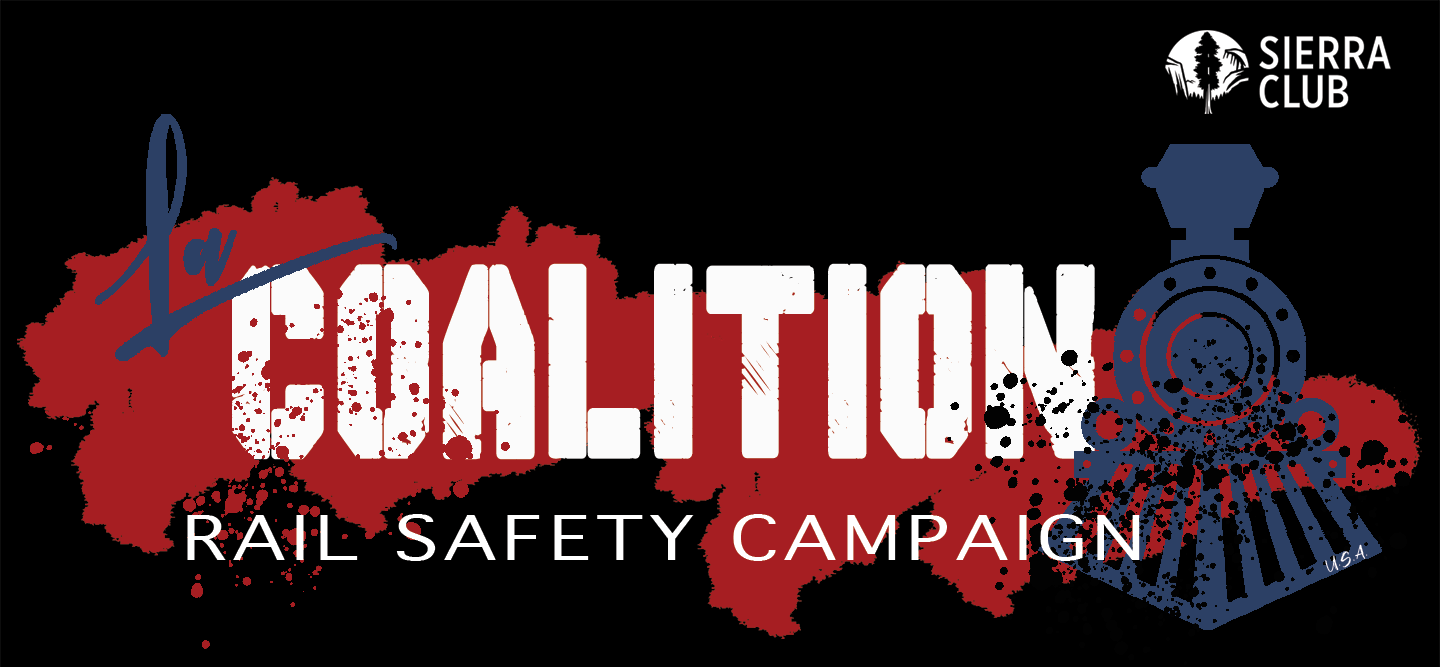Self-Policing Rail Companies: One More Hazard?
Giving railway police officers full criminal law enforcement powers in both Canada and the United States without making them publicly accountable threatens US sovereignty, national security, civil rights, and constitutional rights, according to Canadian attorney Tavengwa Runyowa.
Currently, railway police officers are corporate employees who can be dismissed at will. That allows the private police forces of rail companies such as Canadian Pacific Railway and Canadian National Railway to assert policing jurisdiction over deaths and serious injuries for which the companies may be criminally and legally liable, learned Runyowa, who represents the families of three deceased Canadian railroad workers.
The consequences of such conflicts of interest can be devastating. In the cases of Runyowa’s clients, a railway company’s own police force was used to investigate and exonerate the company of all wrongdoing, including criminal liability. (Watch Runaway train: Policing their own - The Fifth Estate.)
We could start seeing similar consequences in Illinois now that the Canadian Pacific Railway is merging with Kansas City Southern Railway of Missouri. The Canadian-based company would, effectively, get a statutory American police force through a private, commercial, cross-border transaction.
How can we feel confident that trains transporting hazardous substances through our communities are operating safely?
